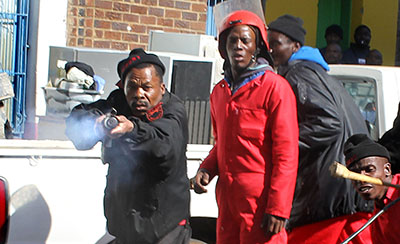
Photographers attacked: Two weeks in southern Africa
From Cape Town to Lilongwe, four photographers on routine news assignments in major southern Africa cities were assaulted by security officials in the past two weeks. The details differ, but the heavy-handed actions in each case reflect a belief among those responsible for security that they are above the law and not publicly accountable. These…

Worrying trends at South Africa’s public broadcaster
South Africa is in the midst of one of its most important political events–the ruling African National Congress’s Mangaung elective conference, which takes place once every five years to shape policy and elect new leadership. Because of the power of the ANC as South Africa’s leading political party, the conference holds not only the future…
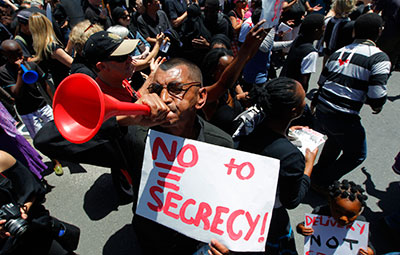
South African Secrecy Bill kept at bay, for now
South African journalists and civil society groups were uneasy this month amid rumors that the Protection of State Information Bill, commonly known as the Secrecy Bill, would pass the Upper House of parliament, the last step before a presidential signature. Since 2008, journalists and civil society have lobbied against the bill, which many fear would…

South Africans clash on Twitter over #Zumaspear
South African journalist and arts critic Charl Blignaut made what turned out to be an excellent prediction. “Of all the work on show, it’s this depiction of the president that will set the most tongues wagging and most likely generate some howls of disapproval,” he wrote on May 13 in a review of an art…
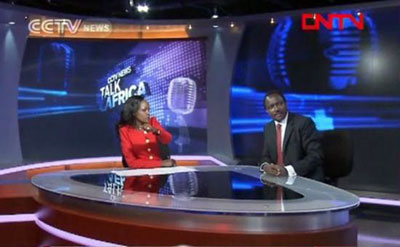
China’s media footprint in Kenya
Will China’s quickly expanding media presence in Africa result in a fresh, alternative, and balanced perspective on the continent–much as Al-Jazeera altered the broadcast landscape with the launch of its English service in 2006–or will it be essentially an exercise in propaganda?
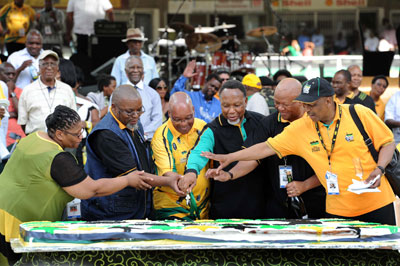
#ANC100 debate lays bare divisions over South Africa media
On January 8, 1912, South African intellectuals–including pioneering black newspaper publishers Pixley ka Isaka Seme, editor of Abantu-Batho, and John Langalibalele Dube, editor of Ilanga lase Natal–formed Africa’s oldest liberation movement, the African National Congress (ANC), in the Wesleyan Church in Bloemfontein.
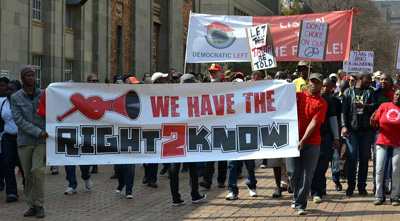
Mission Journal: Secrets bill spurs South African press
Irrespective of whether South Africa actually implements the most draconian parts of state secrets legislation now under consideration, the media in the continent’s most open democracy already feel under threat. The prospect of 25-year jail sentences for journalists publishing “classified” information has galvanized disparate news outlets and journalists groups to work together like never before.

